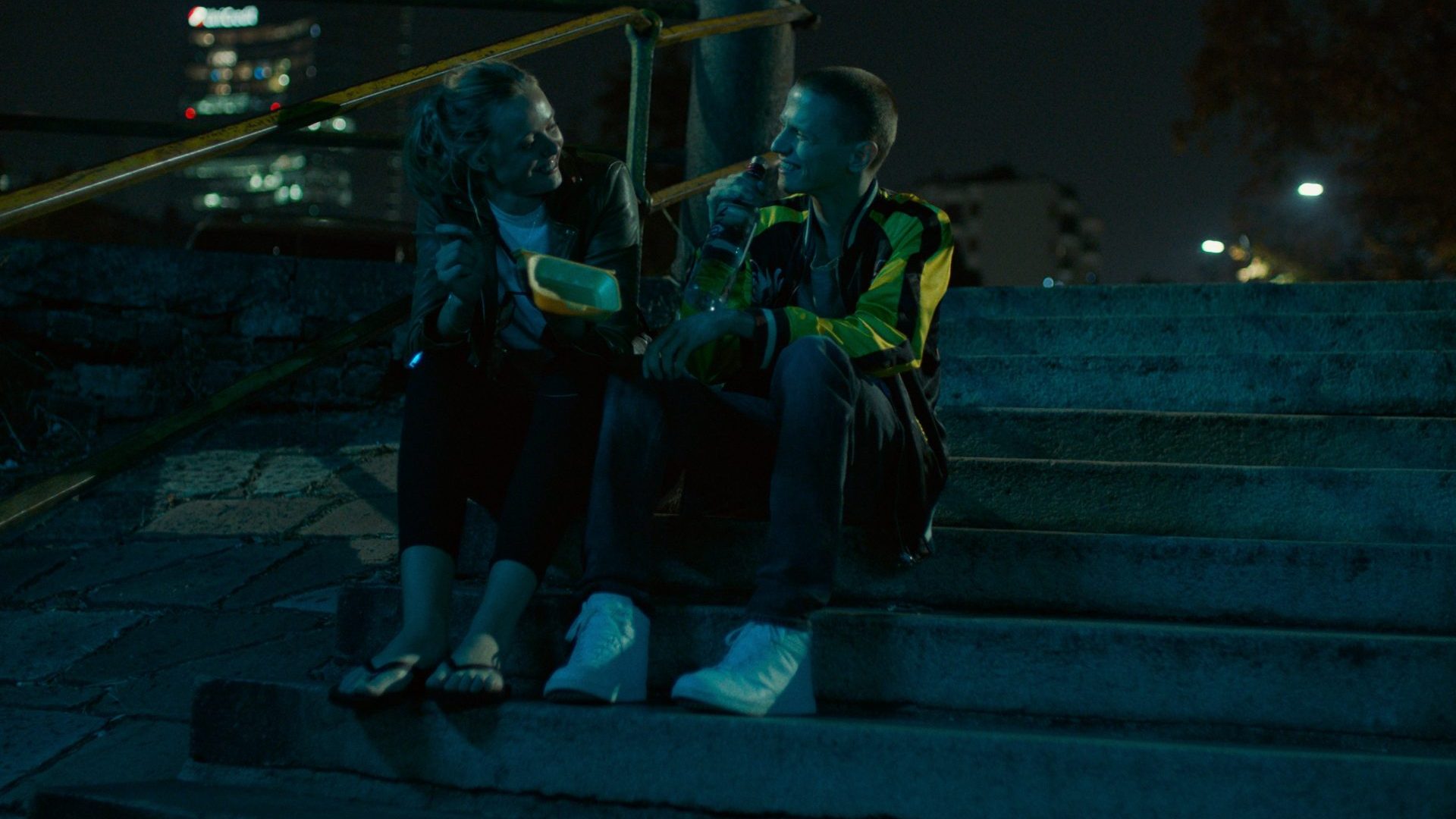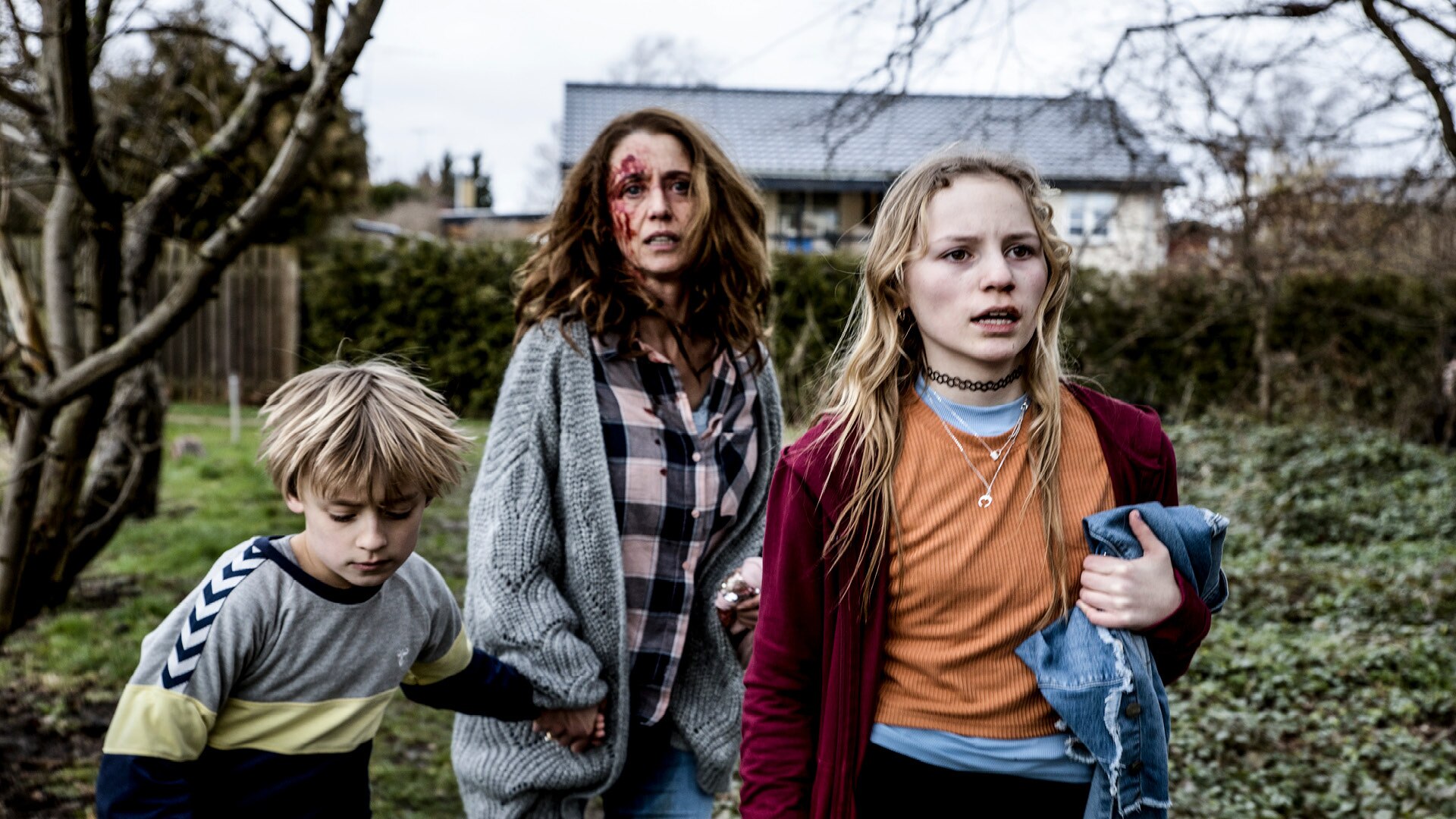My name is Jason and I’m a Football Dad. Like so many of us, I spend weekends on a touchline shouting at hapless amateur local referees. I spend weeknights in the astroturfed enclaves of cold parks, under the glare of floodlights, having spent half an hour trying to find a parking space
within jogging distance.
My sons – I would think this, wouldn’t I? – are pretty good. Their club does well in a tough Essex league and in tournaments, they often get to the finals. Last weekend, my eldest, having scored two on the way to their team topping the group, went in goal for the rest and made vital saves, including a penalty in a shoot-out, as they lifted the trophy on a sun-blasted pitch in Hayes, under the Heathrow flightpath.
Like all the other Football Dads, I harbour flickers of ridiculous hope: is he good enough? Could he get to an academy and become a pro?
Of course, it’s a silly idea. But all the boys have it themselves – and you hear of this one or that one who’s having trials at Palace, or whose whole family moved to Manchester because United wanted him at the age of nine.
It does happen. It happened to Martin Bengtsson, a 16-year-old from Sweden who got snapped up by Inter Milan and left, trailing the dreams of a whole town, to join the hopefuls at the San Siro.
He turned his real-life story into a memoir, which has now become a fictionalised film, called Tigers. It was Sweden’s Oscar entry – a real contender of a movie that didn’t quite make the final shortlists, rather like Martin himself.
Tigers is a football film like no other. It isn’t about the actual football. It’s more about the world of football, the hidden machinations of agents, club
doctors, youth development coaches. Plus training sessions and long days at a boarding house hanging out with new teammates who don’t speak the same language as you and who may hate you for taking their dream position.
It’s about being in a vast foreign city on your own, under pressure, experiencing huge emotional ups and downs without your mum or your mates. It’s about all the bits you don’t think of when you watch a kid step off
the bench and make his debut in a Champions League group match. You think, wow, amazing, a debut at 16, he must be so excited. But what if he isn’t? What if he’s shitting himself or carrying an injury he’s too scared to
tell the coach about? What if that injury is in his head?
I think about all this when I meet the real Martin Bengtsson and the film’s director, Ronnie Sandahl. I ask them: “Should I even let my boys see this film? Would it put them off their football dreams for life?”
Martin is quick to respond. “Oh, all kids should see this,” he says. “It’s not
only about losing yourself, it’s about finding yourself. As a parent, if you
want him to be a footballer then it might put you off, but it’s about someone finding who they are and growing as a person.”
Not everyone, I venture, will be as philosophical about it as Martin. He
appears supremely Zen about the mental scars his experience left on him, yet also keen to reminisce about the great players he was with in that very good Inter side of the early 2000s – the intimidating Argentine Javier Zanetti who made a record 615 appearances for Inter, eventually captaining that treble-winning side under José Mourinho and a beast of a Brazilian striker, Adriano.
“Unstoppable at his best, could have been the best in the world,” recalls Martin. “But he got depression and moved back to Brazil.”
For Sandahl, this film was about getting into a footballer’s head. “I wanted to get in their minds, maybe more than some of them have ever been able to articulate. That’s what was so unusual about Martin’s book and his script for this film – I don’t think there’s ever been a professional footballer who was able to admit to all these thoughts and then also be able to express them on the page so that others can understand,” he says.
“I wanted to get behind the stories that they never let you tell about professional football, not because it’s a secret but because no one has ever thought to tell it or show it before. This is the underbelly, we get to be there in those moments when it’s practically impossible for us to be, seeing it all
through the eyes of a 16-year-old.”
So overwhelming is the whole experience for Martin, you marvel how he even lasts as long as he does. The other lads are mocking, unwelcoming. Martin feels he has to keep up, so he buys a flashy sports car before realising he can’t drive. They go out to nightclubs, but it isn’t his thing. He does make friends with a tall American goalie, who takes him under his wing. He does meet a pretty model, also Swedish, and they realise they’re in the same situation. It all feels unreal. “I feel like I’m borrowing someone else’s life,” she says.
There’s a lovely scene where the two of them lie in bed comparing the state
of their feet – his bruised from being stepped on and scraped; hers bleeding
from teetering on high heels along catwalks. They are lost and alone and
rich in Milan, pawns in a wider game.
Martin Bengtsson says he loves that scene, although it wasn’t part of the true story. “I wish I’d met her,” he says. “But it is based on someone I did meet, who taught me many things. She got me to look at myself as a human being and that had a big impact on me and changed me a lot. We must remember these young men are going through all of that too, and falling in love or being in a first relationship, that can completely change you emotionally.”
How are his feet now? “Oh, that’s real. They were blue most of the time I
was playing, they were stamped on every day. I wasn’t one to get injured much actually – I had a knee injury but not too bad so I was lucky with that. It wasn’t about my body, but my mental state.”
Tigers is so gripping to watch because of this mental aspect. A few days after seeing it, I talk to a very well-known ex-player who also went to Italy early in his career. Later he became a highly respected head of youth development at a major Premier League club (no, I’m not telling you who it is, but you can guess).
He told me about the moment you have to tell a 17-year-old they’re not going to make it at a club where they’ve been since they were eight or nine, already surviving several rounds of “culling”. “It’s that look in their eyes when they know the conversation is about to happen,” said the coach. “I dread it myself, because I have to look them in their face and I look right in there and there must be so much going on in their minds.”
Well, Tigers gets in there. And it’s tougher than a two-footed tackle. It occurs to me that, after all this, Martin could end up being more inspirational with Tigers than he ever could have been as a star player. “I have no regrets about the decision,” he says. “After I quit, maybe a year or so I was tormented, but then I put my energy into writing and other things and that’s been fulfilling and challenging.
“But I’m proud I was able to pick myself up, get out of bed and find a new direction… my only regret is that it went so far and affected my friends and family. So, on a personal level, making the movie and the book have helped them understand what I was feeling, and it’s allowed me to say sorry in some way to them about how I was.”
Sandahl is making the mental side of elite sport a bit of a cinematic stronghold. His script for 2017’s Borg vs McEnroe, with Shia LaBeouf, was
dark and intense, and after Tigers, he has another major film script ready to
go, with Olivia Wilde (Booksmart) directing and Thomasin McKenzie (Last Night in Soho) starring in Perfect, about an Olympic gymnast.
“I look at sport a lot,” he says. “And I just found myself wondering about the
different sides of what I thought I knew. Martin’s book was what opened the door to that world and I knew him back then, both starting out in these careers, and we made a drunken pact that, when I could, I’d make this film for him.
“And that started me thinking about developing a trilogy of sports movies that aren’t sports movies as we know them, but are about the psychology and the politics and the economy of sport. Hopefully, at the end, you understand these people even more.”
What’s the solution then? I don’t think any dad watching Tigers would want this for their child. Does it have to be like this, or was that just one club, at one particular time, and have things got much better?
Martin Bengtsson can’t be sure. “I would like the clubs to take much better mental care of these young people. They have many physios but not many psychologists and they need to make the right environment and remember they’re growing as people as much as players and that will be beneficial to all parties and help with performance on the pitch.”
At the same time, he concedes that not every story is the same and not every player wants, needs or can handle such mental health advice. “I saw that everyone’s different – if you are a young kid arriving from, say Lagos, age 12, you have a responsibility to maybe feed a whole village back home, so you can’t fail, you can’t quit. What are you willing to do to yourself just to survive? What untold damage are you causing in your head, to yourself, for the sake of many back home? The clubs need to consider this.
“This ‘survival of the fittest’ attitude destroys more good players than it benefits, so we’ve already lost a lot of brilliant, skilful boys who should have been great stars of the game.”
I’m not saying my boys are going to be stars of the game. I’m not even sure, having seen Tigers, that I want them to be. But I will watch Tigers with them,
and maybe should with all the other Football Dads. There’s certainly a few of them I can think of, desperately yelling at refs and their own kids and opposition parents, all over the world on a Sunday morning, who should stop for 90 minutes and think again.
Tigers is out in cinemas in the UK from July 1, then on streaming services




